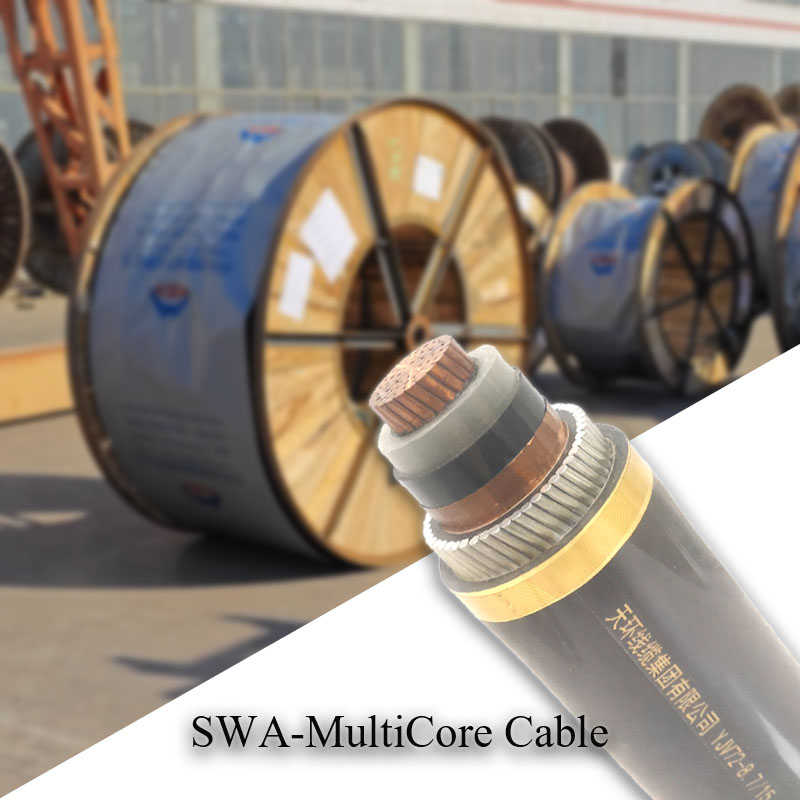
Top Choices for High-Quality Industrial Electric Wires for Various Applications
The Importance of Best Industrial Electric Wire
In the realm of industrial applications, the significance of high-quality electric wire cannot be overstated. From manufacturing plants to construction sites, the integrity and efficiency of electrical systems hinge on the choice of wiring. The right industrial electric wire not only enhances performance but also ensures safety, longevity, and compliance with regulatory standards. In this article, we will explore the essential features of the best industrial electric wire and the factors to consider when selecting the appropriate type for specific applications.
Understanding Industrial Electric Wire
Industrial electric wire is primarily designed to transmit electrical power and signals within an industrial environment. These wires are built to withstand challenging conditions, including extreme temperatures, mechanical stress, chemical exposure, and moisture. Unlike standard household wire, industrial wiring must adhere to stringent safety standards and regulations to prevent hazards such as short circuits, fires, and equipment failures.
Key Features of High-Quality Electric Wire
1. Material Composition The best industrial electric wires are usually made of high-quality copper or aluminum. Copper offers superior conductivity and flexibility, making it a preferred choice for many industrial applications. Aluminum, while less conductive, is lightweight and cost-effective, making it suitable for power distribution in larger setups.
2. Insulation Material The insulation surrounding the wire is crucial for safety and durability. Common insulation materials include PVC (polyvinyl chloride), XLPE (cross-linked polyethylene), and rubber. Each material has its own temperature rating and resistance to environmental factors. For instance, XLPE is known for its excellent thermal properties and resistance to moisture, making it ideal for high-voltage applications.
3. Temperature Ratings Industrial wires are categorized based on their temperature rating, which indicates the maximum operating temperature the wires can handle without degrading. Selecting a wire with an appropriate temperature rating is vital for preventing overheating and ensuring reliable performance in demanding environments.
4. Mechanical Strength Industrial settings often involve rough handling and exposure to mechanical stresses. Therefore, high-quality wire should have a robust construction that can withstand potential damage. This includes resistance to abrasion, cuts, and impacts, which are common in factories and construction sites.
best industrial electric wire

5. Compliance with Standards To ensure safety and reliability, the best industrial electric wires must comply with industry standards such as the National Electrical Code (NEC) and International Electrotechnical Commission (IEC) guidelines. Choosing wires that meet these standards reduces the risk of regulatory issues and enhances workplace safety.
Factors to Consider When Choosing Electric Wire
1. Application Environment Understanding the specific conditions in which the wire will be used is essential. Factors such as exposure to chemicals, moisture levels, and temperature fluctuations should influence the choice of material and insulation type.
2. Load Capacity It’s crucial to determine the load that the wire will carry. This includes evaluating the current and voltage requirements for the application's equipment. Overloading a wire can lead to overheating and potential failure.
3. Length of Run The distance the electrical current must travel affects the wire gauge and type chosen. Longer runs may require a thicker gauge to minimize voltage drop, which can impact performance.
4. Flexibility and Ease of Installation Depending on the layout of the installation, selecting wires that are flexible and easy to install can save time and reduce costs during setup.
5. Cost Considerations While quality is paramount, manufacturers and engineers must also consider cost-effectiveness. It’s essential to strike a balance between investing in high-quality wires and managing budget constraints, as cheaper options may lead to more significant risks and expenses in the long run.
Conclusion
Selecting the best industrial electric wire is crucial for ensuring the efficiency and safety of electrical systems in various applications. By understanding the essential features and considering the specific requirements of the environment, businesses can make informed decisions that enhance their operational performance and minimize risks. Investing in high-quality industrial electric wire not only protects equipment and personnel but also contributes to the overall success and longevity of industrial operations.
-
Reliable LIYCY Cable Solutions for Low and Medium Voltage ApplicationsNewsJul.14,2025
-
Premium Overhead Electrical Wire Solutions for Low and Medium Voltage ApplicationsNewsJul.14,2025
-
Innovative XLPE Electrical Cable Solutions for Modern Low and Medium Voltage NetworksNewsJul.14,2025
-
High-Quality Ethylene Propylene Rubber Cable – Durable EPDM Cable & 1.5 mm 3 Core OptionsNewsJul.14,2025
-
Exploring the Versatility of H1Z2Z2-K 1X4mm2 Cables in Modern ApplicationsNewsJul.14,2025
-
Uses of Construction WiresNewsJul.14,2025
-
Types of Neoprene CableNewsJul.14,2025














